Why Greta Thunberg’s privilege should not be criticized
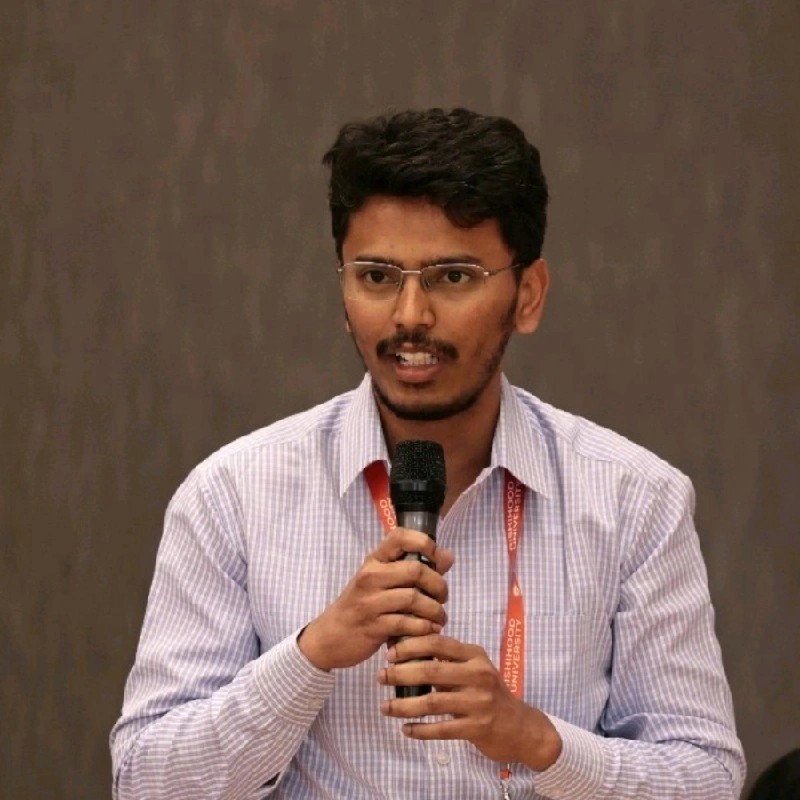
Srinath is the Founding Editor of The ArmChair Journal. Currently at the University of Chicago, he is also an alumnus of IIT Madras, Ashoka University, Rishihood University and Purdue University.
The viral activist concerning climate change, Greta Thunberg, is apparently the highest paid activist (it was disputed though). She is also from a privileged family of artists from Sweden. Though she appears to be popular since a year after a protest in front of the Swedish parliament, she attracted more popularity after the recent “How dare you?” speech at the United Nations.
The message she delivered was that the older generations betrayed the younger ones in terms of their attitude towards climate change. Not just that, she also warned that the yet to come generations were watching their betrayal, and their indifference towards them.
There were several reactions to this viral and politically charged speech. Some uncritically appreciated it, while some argued that her arguments about climate change were unreal. Some pointed to her privileged background. She was among the kids already benefited from the capitalistic lifestyles and so deserved no right to speak on the same. Some also pointed to the way she conducted herself in terms of her speech. She appeared as if she staged it.
While this essay would not engage with the scientific aspect of numbers she pointed to and the predictions related to when the world would be doomed, it would focus on the other two aspects of it.
First is the privilege she came from. She already enjoyed the perks of capitalism and luxurious lifestyles of ‘development’. Now that she was developed, she could afford to criticize the snailpaced efforts towards tackling climate change. Remember, she was also a highly paid activist. The monetary incentive meant she had to live with the criticism that her activism was also for money. All said, she was also not the one who suffered from the harshness of climate change consequences. So, what gave her the legitimacy to uphold a cause which she appeared to be trained for, or imagined, rather than being a real victim?
Second, she visited the new york city across the Atlantic in a water boat as she wanted to protest the emissions of airlines. How costly was a water boat compared to airlines? How much of it was because of her being largely part of the capitalistic setup of wealth generation…the very system that led to climate change. If not for the growth mindset she criticized, how could she and her society grow so rich? Should she be ready to sacrifice her privileges if she criticised the system? And how much of it meant her tears were not genuine? How much of it was patronizing the teenagers like her, who are yet to be ‘developed’?
Any question in privilege is a question about oppression. These are primarily questions of her identity in terms of being a representative of fighting against climate change. All these questions from the developing world could be avoided if we see Greta’s as an identity crafted based on one’s age and so she derived her legitimacy from it. She forges an identity which is oppressed by the larger apparatus- thereby calling for a change in it. This oppression is well within the frame of debates about sustainable development and climate change, which call for leaving an equally habitable place for future generations, if not a better one. To that extent, she is oppressed as much as all younger generations are.
For a moment, let’s ignore this victimness within privilege and focus on her privilege aspects- the argument that she could speak only because she was already privileged. This argument from the developing nations implied that they only ignored her victimhood. Could she do that only because she was privileged? By doing this, she represented the already existing guilt in the minds of developed nations.
Was she not behaving like a man in a patriarchal system, who realised his guilt in being a systemic partner in the oppression of women. Was she also not like the upper caste brahmin fighting for the dignity of a friend from the lower castes? Was she also not the majority in a democracy which feels a love for the minority and patronise them, rather than giving them their rights? Was she not the colonial power which realised its guilt in oppressing people? Was she not shouting from the mounts of privileges she accumulated- thereby making her voice itself a result of her privilege? Does she not represent the privilege herself speaking?
Let’s ask further to explore her relationship with the developing world. What does it mean for a man to be a feminist? Or, to put it differently, what does it mean to identify their privileges? Does it just not mean that they accept themselves to be undeserving their privileges? If that is so, is there any remedial action to correct the same, and who should propose it? Unless one acts based on what one believes in, one cannot change the structural oppression. Hence, what should the oppressors and the oppressed collectively believe in?
What it also means for the oppressor to confess being guilty, is to accept imperfection in their world-view. This means to initiate a rethinking about their world-view, rather than merely appreciating their mistakes. To rethink means to erase one’s assumptions about oneself. This means that one stops being a ‘man’ the moment one wants to be a feminist. At the level of relationships, one redefines one’s identity in a patriarchal system- thereby making the system ineffective. This confession is the opening of a redefinition of what ‘man’ meant, and this redefinition also means to eliminate ‘man’ altogether, for ‘man’ is only as much as he oppressed.
In such a scenario, the oppressor’s identity is like that of a split self which cannot accept itself as the oppressor. It is such that one is the oppressor as per the structure, and one is also the guilty self as per one’s psychological reasoning. This split can self-justify itself as it feels guilt is enough to deal with oppression, and it has got nothing to do with the structure. Man is just an individual and did what one could- as he felt the guilt in his mind now. This was also the guilt imposed by the Truth and Reconciliation Commission in South Africa, to end Apartheid. This guilt is the source of change.
As long as an identity induces guilt, the existence of an oppressed identity makes the oppressor uncomfortable with oneself and progress towards change. A man is split and incomplete when one oppresses and one also feels the guilt of it- thereby keeping the oppression intact. Till when one acts, the guilt is not erased.
The case of Greta Thunberg is a case of split within the oppressor. Greta wants neither developed nations, nor developing nations to ‘grow’. Developed nations feel the guilt that Greta represents and her privilege is the evidence of it. The guilt is also the guilt associated with the mindset of growth which she criticized. For the developing nations to criticize Greta’s privileged position means to erase this guilt out of developed nations. This guilt which is the source of climate justice in whatever form, if erased, could only lead to inequitable and reckless destruction of earth. The guilt has to live on, for any change to happen.
Featured Photo Credits: Flickr


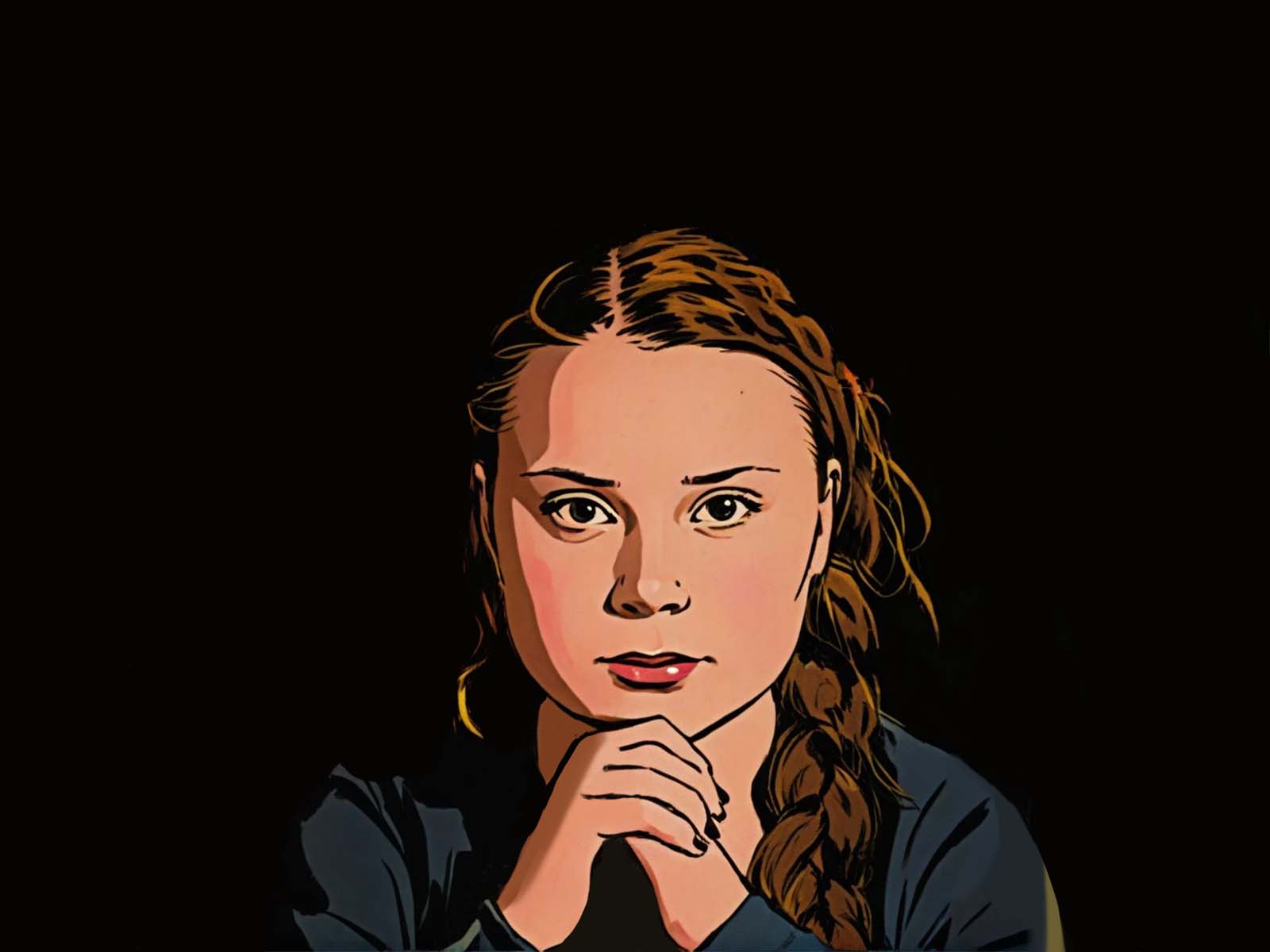
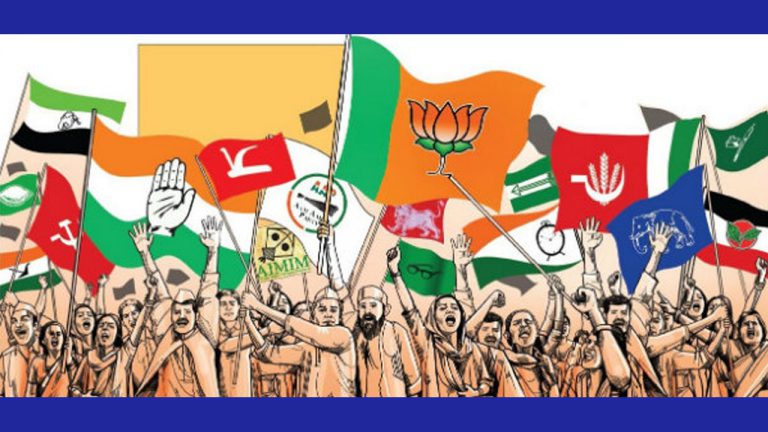
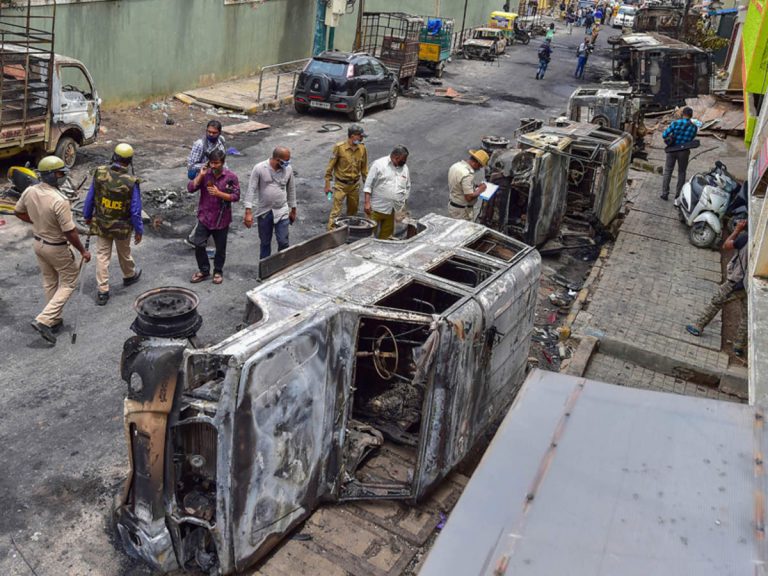
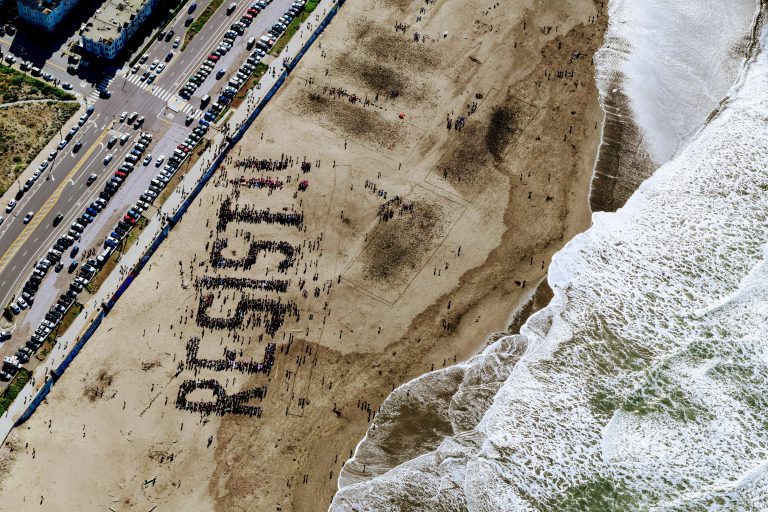
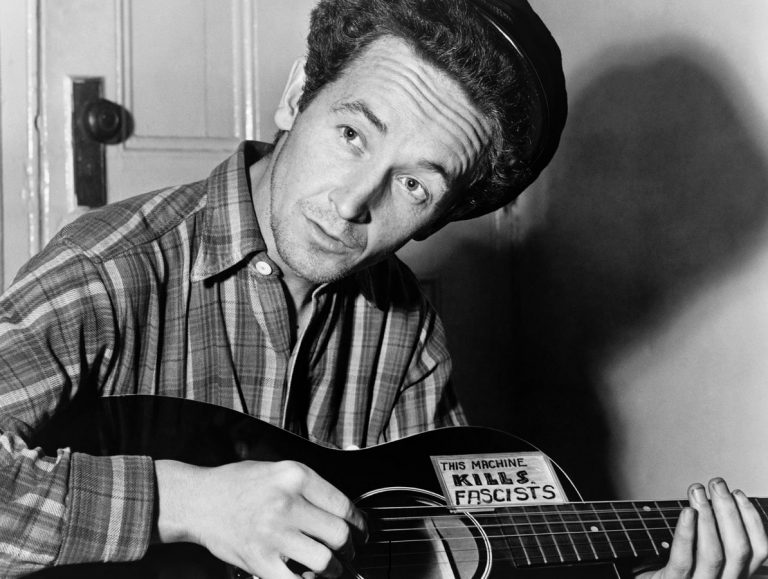
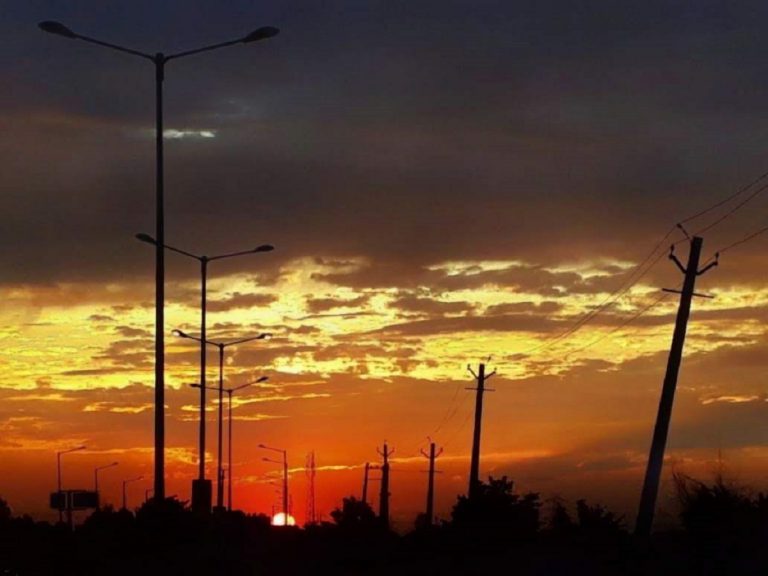
Readers' Reviews (4 replies)